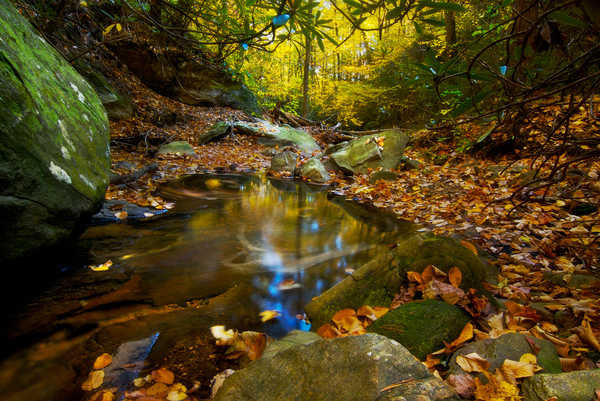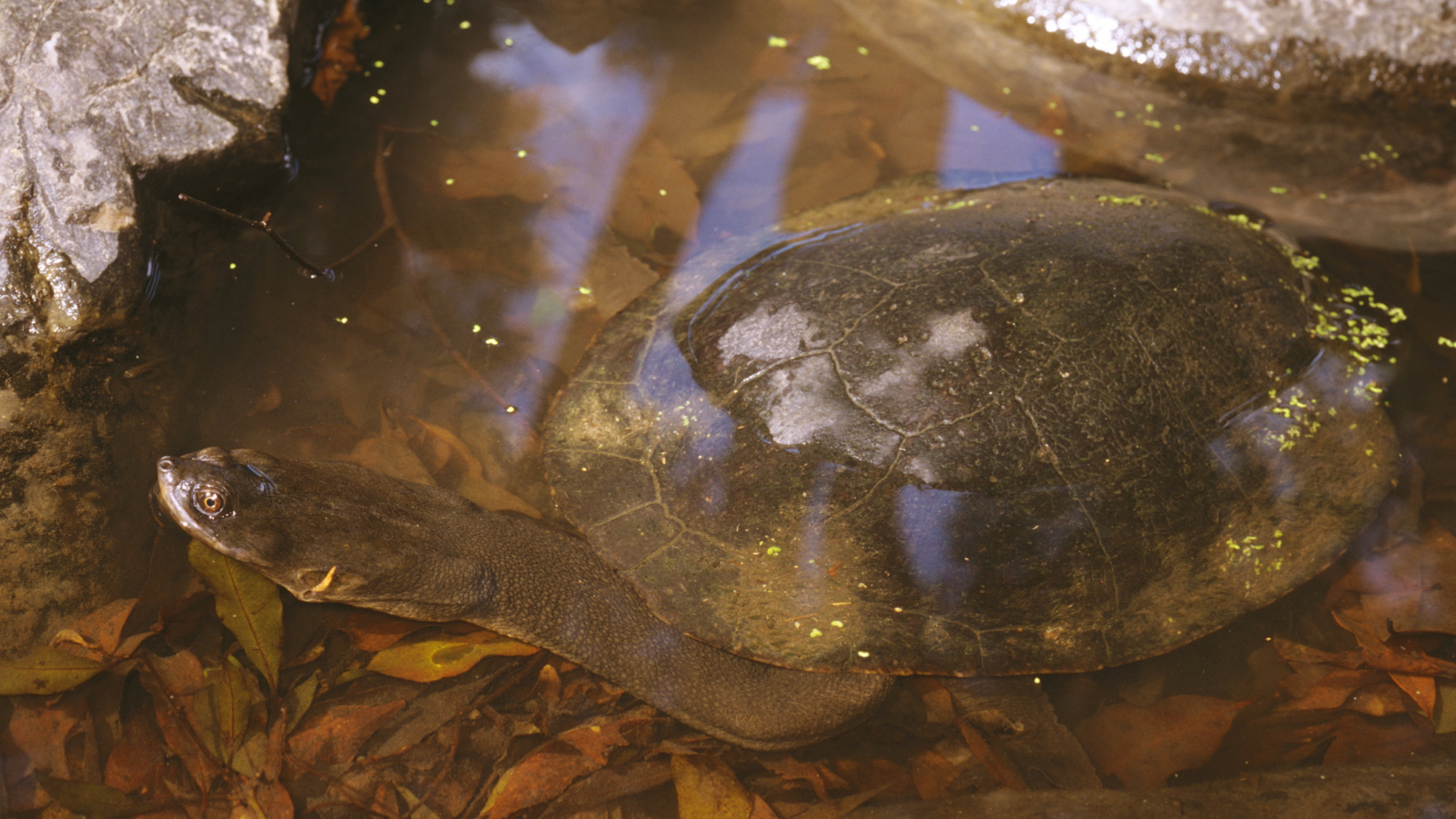Environmental Group Ranks South's Most Endangered Places


Fracking, mountaintop removal and offshore oil drilling are just a few of the top concerns facing the southern United States in 2012.
To call attention to these projects and the places they threaten, the Southern Environmental Law Center, the largest environmental advocacy group dedicated to protecting the Southeast, released its fourth annual list of the top 10 places in the South that face immediate and potentially irreparable threats in 2012.
Many of the areas on the list are endangered by pressure to undercut environmental protections and to lower the hurdles for potentially destructive projects, the group says. Those projects include fracking in the North Carolina Piedmont, uranium mining in Virginia and deepwater drilling in the Gulf of Mexico.
"The South's special places and natural riches are threatened by a wave of calculated attacks on the bedrock laws that protect our environment and health," said Marie Hawthorne, the center's director of development. "Under the guise of promoting economic growth, anti-environmental forces are working in Congress, in state legislatures and in government agencies to gut our most essential safeguards."
The list of endangered areas were chosen from among hundreds of special places that the Southern Environmental Law Center is defending through its law and policy work in Virginia, Tennessee, North Carolina, South Carolina, Georgia and Alabama.[See images of endangered spots.]
Top 10 Endangered Areas in the South for 2012
Alabama's coast: Following the BP spill, the government is again authorizing deepwater drilling projects in the Gulf of Mexico. The law center calls this approach "irresponsible" and illegal and says that it poses a continuing threat to Alabama's beaches, marshes, wildlife and coastal communities.
Get the world’s most fascinating discoveries delivered straight to your inbox.
Dawson Forest, Georgia: A proposed reservoir would siphon 100 million gallons of water per day from the Etowah River to provide water to the sprawling metro Atlanta area. The group says this will threaten prime habitat for endangered aquatic life, water supplies of downstream communities, and a popular recreation area.
Catawba-Wateree River Basin, North Carolina & South Carolina: The health of the Catawba-Wateree River, which provides drinking water for hundreds of thousands of residents of central North Carolina and South Carolina, faces an array of threats, including pollution from toxin-laden coal ash ponds, hydroelectric dams that will continue to disrupt stream flows and fish migration, water withdrawals that take water from downstream farms and communities, and reservoir projects that promote inefficient development and water use, the center says.
North Carolina Piedmont: North Carolina is another battleground for hydraulic fracturing (aka fracking) to extract natural gas. Some evidence suggests that the drilling technique, in the absence of appropriate regulatory controls, can lead to the contamination of groundwater and surface water. Potential fracking sites in North Carolina's Piedmont are underneath or upstream from water supplies for 2.4 million people.
Savannah River, South Carolina & Georgia: The U.S. Army Corps of Engineers' plan to deepen 38 miles (61 kilometers) of the Savannah River shipping channel would increase saltwater intrusion in the river and jeopardize freshwater marshlands in the Savannah National Wildlife Refuge, drinking water supplies for Savannah and other communities, and habitat for endangered aquatic species, the center said.
Chilhowee Mountain, Tennessee: The plan for completing Corridor K between Chattanooga and Asheville includes a proposal to cut a new four-lane highway through the Cherokee National Forest near the Ocoee Gorge; the SELC contends that improvements to the existing two-lane highway on its current footprint would be less damaging, less costly, and no less effective .
Chesapeake Bay, Virginia: For decades the bay has suffered from pollution from all sides — air, land and water.
Mountains of Tennessee & Virginia: Mountaintop removal and other coal mining practices have already destroyed at least 500 mountains and damaged 1,700 miles (2,700 km) of streams in Virginia, Tennessee and other central southern Appalachian states.
Charlottesville, Virginia & surrounding countryside: Local and state decision-makers are attempting to revive a proposed bypass highway in the area.
Southside Virginia: A push to mine uranium in southern Virginia risks polluting drinking water supplies with radioactive and toxin-laden wastewater, the center says. And, according to the center, lifting the state's ban on uranium mining could open up Virginia's Piedmont countryside to more large-scale mining projects.
Click here to see which of these places was also on the 2011 list of top 10 endangered places in the South.
Follow OurAmazingPlanet for the latest in Earth science and exploration news on Twitter @OAPlanet and on Facebook.



